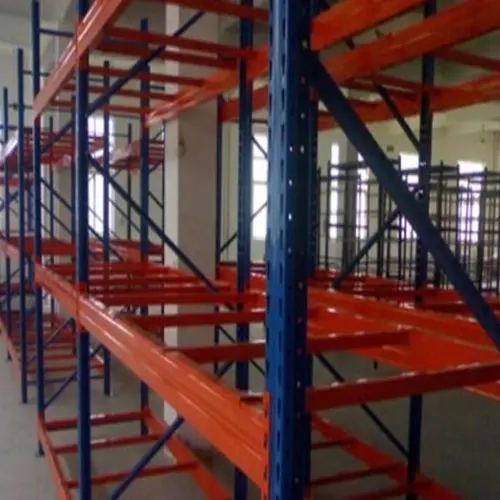
Understanding Silo Roll Forming Machines An Essential Tool in Modern Construction
In the realm of construction and agricultural storage solutions, the significance of silo roll forming machines cannot be overstated. These machines are engineered to create silos—large structures used to store bulk materials, primarily grain, feed, and other agricultural products—efficiently and cost-effectively. The process of roll forming is a popular method for manufacturing metal profiles, and its application in producing silos has revolutionized the industry.
What is a Silo Roll Forming Machine?
A silo roll forming machine is a specialized piece of equipment designed to produce the components of silos from metal sheets, typically steel or galvanized steel. The process involves feeding a continuous strip of metal into the machine, where it is gradually shaped through a series of rollers into the desired profile. This method allows for precision manufacturing, ensuring that each component is identical and fitted perfectly.
The roll forming process begins with the metal sheet being uncoiled and fed into the machine. As the sheet passes through the rollers, it undergoes a series of bends and folds, forming the cylindrical or conical shape of the silo walls. The machine can also create various profiles for the roof and base of the silo. One of the key advantages of using a roll forming machine is the ability to produce long lengths of metal without any joints, which enhances the structural integrity of the silo.
Advantages of Using Silo Roll Forming Machines
1. Cost-Effectiveness Traditional silo construction methods are often labor-intensive and time-consuming. Roll forming machines streamline the production process, significantly reducing labor costs and construction time. This efficiency translates into lower overall costs for construction projects.

2. Precision and Consistency Roll forming machines provide high precision in the manufacturing process. Each component produced is uniform, which minimizes errors and inconsistencies. This precision is crucial for the structural stability of silos, ensuring that they can withstand the stresses of holding large quantities of materials.
3. Durability The use of high-quality metal, combined with the robust design of roll forming machines, results in silos that are not only strong but also resistant to environmental factors. Galvanized steel, in particular, offers enhanced corrosion resistance, making it an ideal material for outdoor storage solutions.
4. Customization Silo roll forming machines can be adapted to create various silo sizes and shapes based on specific industry requirements. This customizability ensures that businesses can meet their unique storage needs without compromising on quality or performance.
5. Automation and Efficiency Many modern silo roll forming machines come equipped with automated features, including computer numerical control (CNC) systems. These advancements enhance the efficiency of the production process, allowing for faster output and reduced human error.
Conclusion
Silo roll forming machines represent a significant advancement in the construction and agricultural industries. By enabling the efficient, precise, and cost-effective production of silos, these machines contribute to improved storage solutions for bulk materials. As technology continues to advance, the capabilities of silo roll forming machines are expected to expand, further solidifying their role as an indispensable tool in modern construction practices. Whether for agricultural storage or industrial use, the benefits of using silo roll forming machines are clear they not only enhance operational efficiency but also ensure the reliability and durability of storage solutions in a rapidly evolving marketplace.